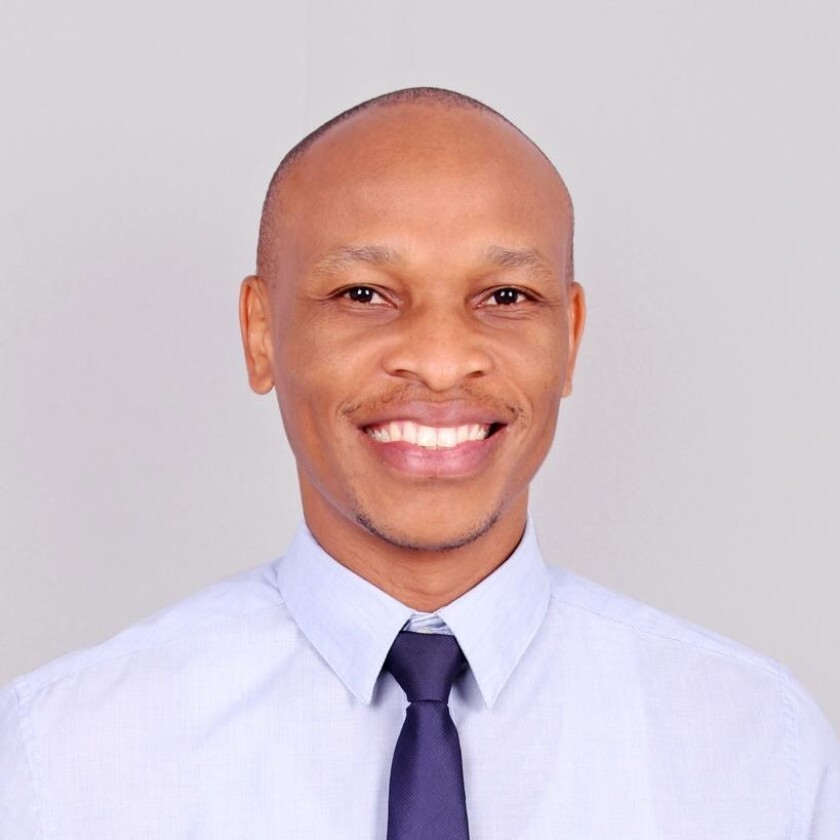Welcome to the latest instalment of Managing IP’s ‘Five minutes with’ series, where we learn more about IP practitioners on a personal as well as a professional level. This time we have Patric David, managing partner at Law Exchange Associates in Tanzania.
Someone asks you at a party what you do for a living. What do you say?
I assist IP owners in understanding the importance of protecting their innovations and how they can benefit from their work.
Talk us through a typical working day.
A typical day involves a lot of things: reviewing legal documents, providing advice to clients on how best to protect their IP, filing patent or trademark applications, handling disputes, or even representing clients in court if there is an IP case.
What are you working on at the moment?
I am currently working on a lot of things: drafting opposition, trademark searches and applications, as well as handling a dispute involving a copyright infringement claim.
Does one big piece of work usually take priority, or are you juggling multiple things?
I am always juggling multiple things! IP law is diverse, so there is always a mix of projects at different stages, some are in research or consultation, and others are heading towards litigation. Time management is key because urgent matters can pop up unexpectedly.
What is the most exciting aspect of your role and what is the most stressful?
The most exciting part is helping people protect their original ideas and seeing how IP law fosters innovation and creativity. The most stressful part is the time pressure and complexity of IP disputes.
Tell us the key characteristics that make a successful IP lawyer/practitioner.
Courtesy to detail in an application or legal document;
Creativity by finding innovative solutions to protect IP in unique or complex cases;
Understanding technical details and the broader legal context;
Clarifying legal concepts in a clear, approachable way to clients;
Persistence: Navigating long processes, especially on filings, requires patience and determination.
What is the most common misconception about IP?
Many people think that once they have created something, it is automatically protected everywhere. But protection, like trademarks or patents, is territorial, so protection must be applied for in each country or region where you want protection.
What or who inspires you?
I am inspired by creators and innovators. That is to say people who bring new ideas to life.
If you weren’t in IP, what would you be doing?
I would probably be working in the tech world or innovation management. The intersection of technology and law fascinates me, so I’d likely find myself working to bring new ideas to life in some capacity.
Any advice you would give your younger self?
Be patient and persistent, network, and learn from others as much as possible, because every connection offers a new perspective.
What is your motto in life?
Protect what you create.










